Introduction to Time Management
In today’s fast-paced world, time is a precious commodity. With numerous tasks and responsibilities vying for our attention, effective time management has become more critical than ever. However, mastering the art of time management can be challenging, especially without the right tools and strategies in place. This comprehensive guide aims to equip you with the knowledge and tools necessary to unlock your productivity and make the most of your time.
In today’s fast-paced and ever-evolving world, the ability to manage one’s time effectively has become a crucial skill. With countless demands on our attention, from work deadlines to personal commitments, it’s easy to feel overwhelmed and stretched thin. However, amidst the chaos, there lies an opportunity to harness the power of time management tools to regain control of our schedules, boost productivity, and ultimately achieve our goals with greater ease and efficiency.
The journey towards mastering time management begins with understanding its profound impact on our daily lives. Time management is more than just a skill; it’s a cornerstone of success, both personally and professionally. It involves the strategic allocation of our limited time and resources to maximize productivity, minimize stress, and achieve a sense of balance and fulfillment.
Yet, despite its importance, many individuals find themselves struggling to effectively manage their time. Whether it’s the allure of constant distractions, the challenge of juggling multiple responsibilities, or simply not knowing where to start, the barriers to effective time management can feel insurmountable.
This is where time management tools come into play. These invaluable resources, ranging from digital apps to time-tested techniques, serve as guiding lights in our quest for greater efficiency and effectiveness. By harnessing the power of technology and proven methodologies, we can streamline our workflows, prioritize tasks, and stay focused on what truly matters.
However, the world of time management tools can be vast and overwhelming, with an endless array of options to choose from. That’s where this ultimate guide comes in. Whether you’re a seasoned professional looking to optimize your productivity or a newcomer seeking to take control of your schedule, this comprehensive resource is designed to provide you with the knowledge, insights, and practical strategies you need to unlock your productivity potential.
From exploring the fundamental principles of time management to delving into the intricacies of various tools and techniques, each section of this guide is meticulously crafted to equip you with the tools and insights necessary to thrive in today’s fast-paced world. So, if you’re ready to reclaim your time, maximize your productivity, and transform your life, join us on this journey as we uncover the secrets to mastering time management and unlocking your full potential.
Importance of Time Management
Time management is the process of organizing and planning how to divide your time between specific activities. It is a crucial skill that allows individuals to accomplish more in less time, reduce stress, and achieve their goals efficiently.
Time management is the cornerstone of success in both personal and professional endeavors. It is the art of allocating time effectively to accomplish tasks, meet deadlines, and achieve goals. In today’s fast-paced world, where demands on our time are incessant and distractions abound, mastering time management is more crucial than ever.
1. Maximizing Productivity:
Effective time management allows individuals to make the most of their limited time. By prioritizing tasks, setting goals, and eliminating time-wasting activities, individuals can optimize their productivity and accomplish more in less time.
2. Minimizing Stress:
Poor time management often leads to stress and overwhelm. When individuals feel overwhelmed by the sheer volume of tasks and deadlines, they may experience anxiety, frustration, and burnout. However, by organizing tasks, setting realistic deadlines, and breaking tasks into smaller, manageable steps, individuals can reduce stress and approach their work with a clear and focused mindset.

3. Enhancing Focus and Concentration:
Time management involves allocating dedicated time for focused work without distractions. By creating a conducive work environment, minimizing interruptions, and practicing techniques such as time blocking and the Pomodoro Technique, individuals can enhance their focus and concentration, leading to higher quality work and improved efficiency.

4. Achieving Work-Life Balance:
Effective time management enables individuals to strike a balance between their professional and personal lives. By setting boundaries, prioritizing activities, and allocating time for leisure and self-care, individuals can prevent work from encroaching on their personal time, leading to greater overall satisfaction and well-being.

5. Meeting Deadlines and Commitments:
One of the most critical aspects of time management is the ability to meet deadlines and fulfill commitments. By planning ahead, allocating sufficient time for each task, and managing priorities effectively, individuals can ensure that they deliver work on time and uphold their professional reputation.

6. Creating Opportunities for Growth:
Time management opens doors to opportunities for growth and advancement. By efficiently managing their time, individuals can free up space in their schedules to pursue additional projects, acquire new skills, and invest in personal and professional development, thereby enhancing their long-term prospects and career trajectories.

7. Improving Decision-Making:
Effective time management requires individuals to make informed decisions about how to allocate their time and resources. By prioritizing tasks based on importance and urgency, individuals can make better decisions about where to focus their energy, resulting in more efficient use of time and improved outcomes.
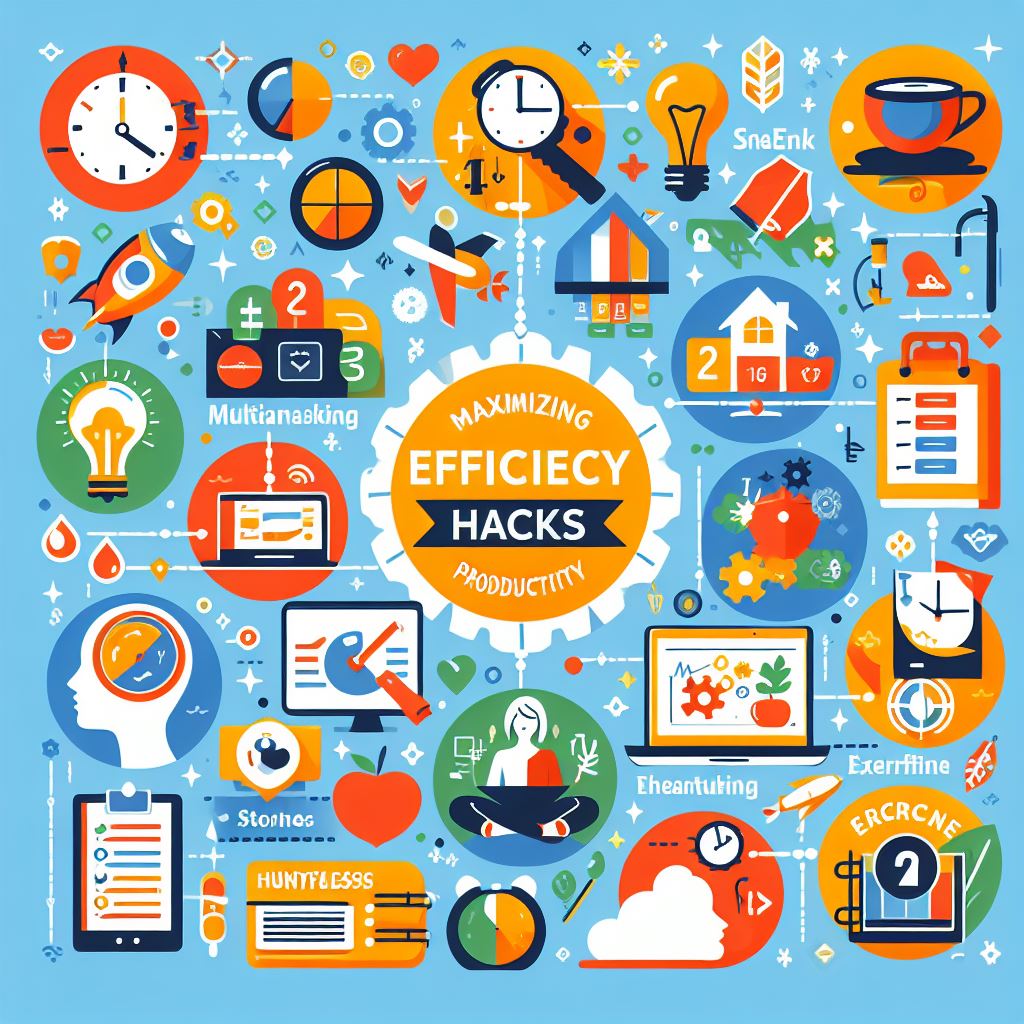
8. Cultivating Discipline and Self-Mastery:
Mastering time management requires discipline and self-control. By adhering to schedules, resisting distractions, and staying focused on goals, individuals can cultivate discipline and self-mastery, qualities that are essential for success in all areas of life.
In essence, time management is not just about managing minutes and hours—it’s about managing priorities, values, and ultimately, one’s life. By recognizing the importance of time management and incorporating effective strategies into daily routines, individuals can unlock their full potential, achieve their goals, and lead more fulfilling lives.
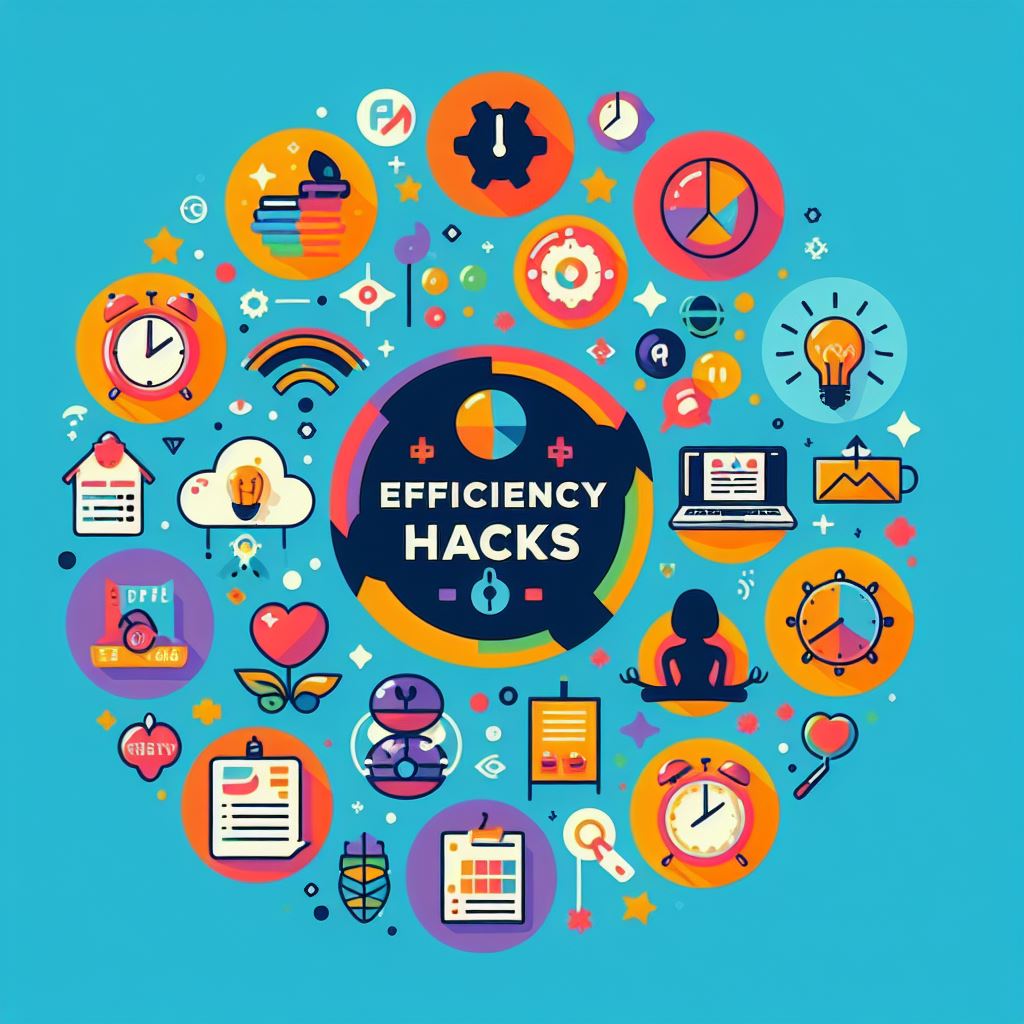
Challenges in Managing Time Effectively
Despite its importance, many people struggle with managing their time effectively due to various challenges such as procrastination, distractions, and poor prioritization.
Understanding Productivity
Definition of Productivity
Productivity refers to the efficiency with which individuals can accomplish tasks and achieve their goals. It is not just about working harder but also working smarter by optimizing resources, including time.

Factors Influencing Productivity
Several factors influence productivity, including time management, focus, motivation, and environment.

Introduction to Time Management Tools
What are Time Management Tools?
Time management tools are software applications or techniques designed to help individuals organize, prioritize, and track their tasks and activities more efficiently.
Benefits of Using Time Management Tools
Using time management tools can help individuals improve their productivity, stay organized, and reduce procrastination. These tools provide features such as task lists, calendars, reminders, and progress tracking.

Types of Time Management Tools
Task Management Apps
Task management apps help users create, organize, and prioritize tasks and projects. They often include features such as task lists, due dates, reminders, and collaboration tools.

Calendar and Scheduling Apps
Calendar and scheduling apps allow users to manage their appointments, events, and deadlines effectively. They provide features such as event scheduling, reminders, and synchronization with other devices.
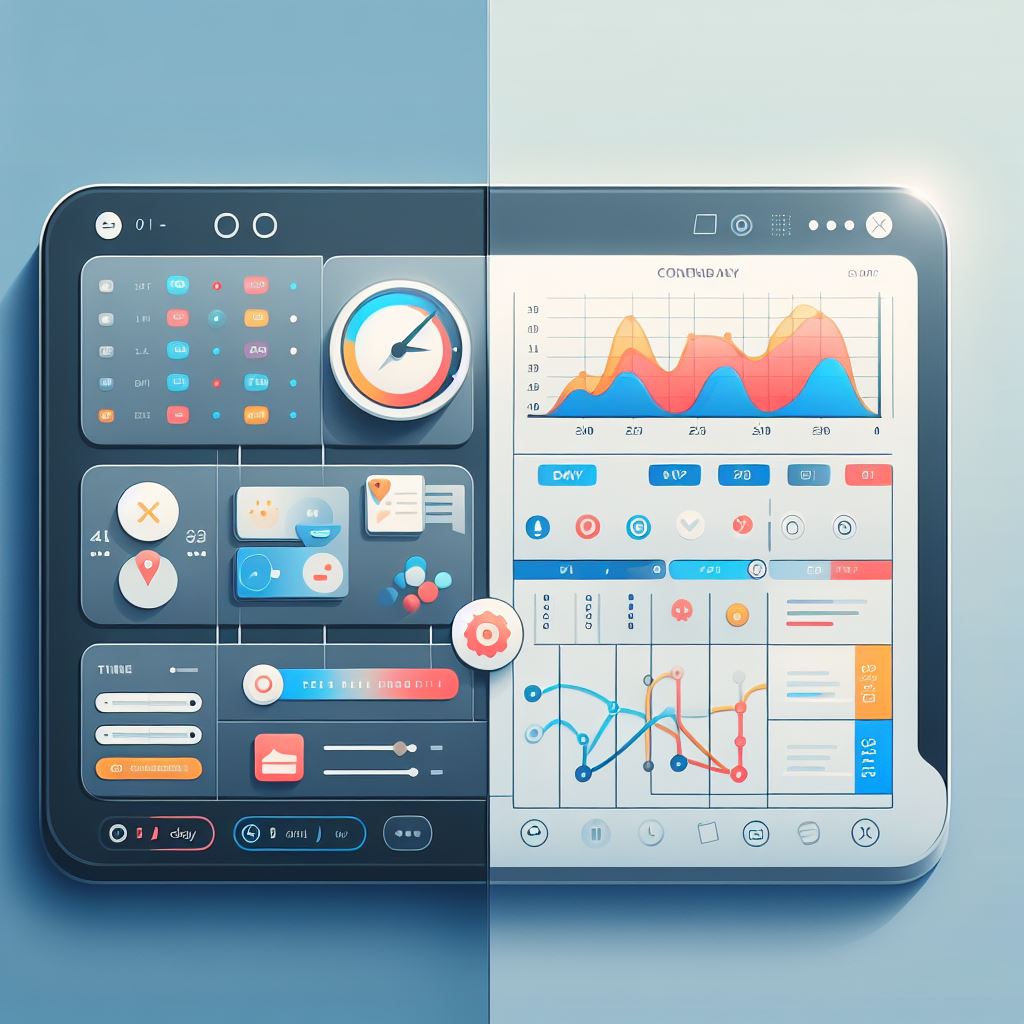
Note-taking Apps
Note-taking apps enable users to capture and organize their ideas, notes, and information in a digital format. They often include features such as text formatting, multimedia support, and cloud synchronization.

Pomodoro Technique Tools
The Pomodoro Technique is a time management method that involves breaking work into intervals separated by short breaks. Pomodoro Technique tools help users implement this method by providing timers and task-tracking features.

Best Task Management Apps
Features and Benefits of Task Management Apps
Task management apps offer features such as task lists, deadlines, reminders, collaboration tools, and progress tracking, making them ideal for individuals and teams.

Examples of Popular Task Management Apps
Popular task management apps include Trello, Asana, Todoist, Microsoft To Do, and Wunderlist, each offering unique features and functionalities to suit different preferences and needs.
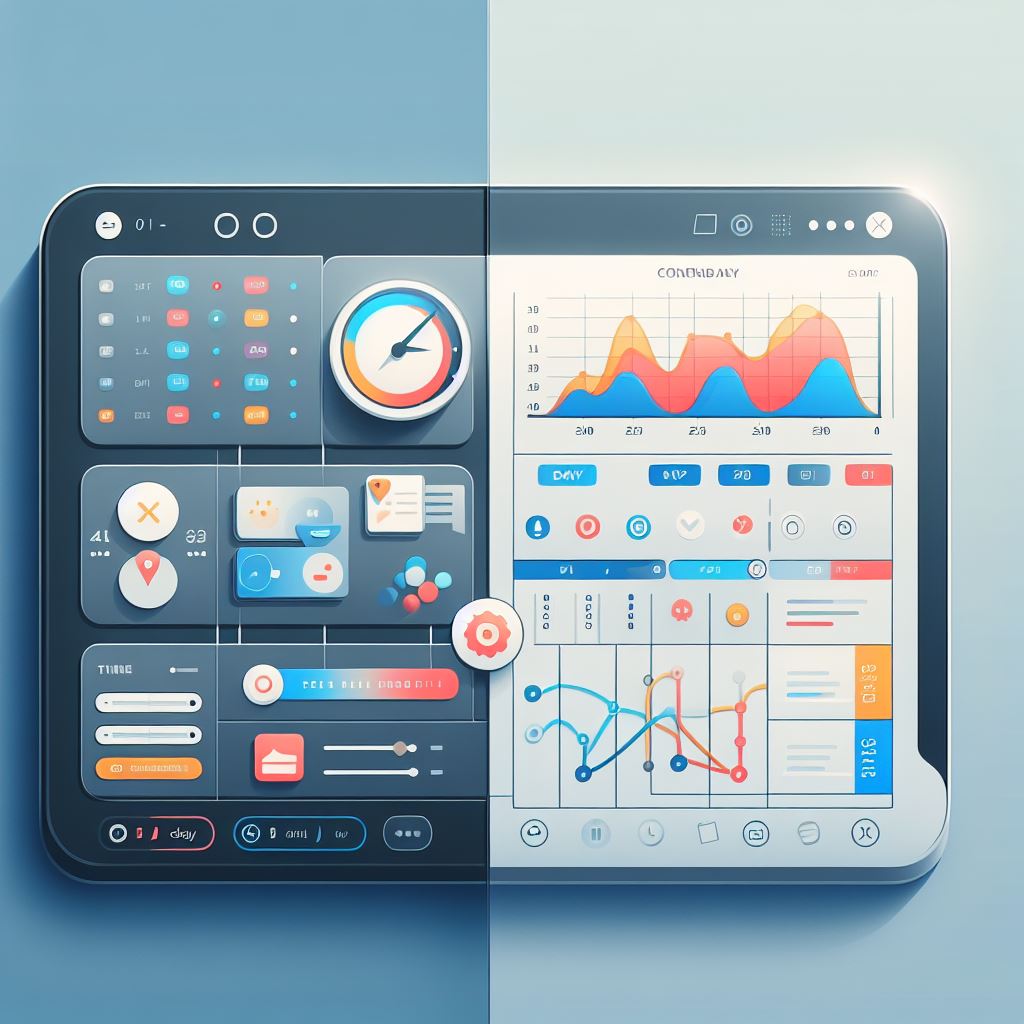
Effective Calendar and Scheduling Apps
Importance of Calendar and Scheduling Apps
Calendar and scheduling apps help users manage their time more effectively by allowing them to schedule events, set reminders, and stay organized.

Top Calendar and Scheduling Apps
Top calendar and scheduling apps include Google Calendar, Microsoft Outlook, Apple Calendar, and Fantastical, offering features such as event scheduling, reminders, and integration with other tools.
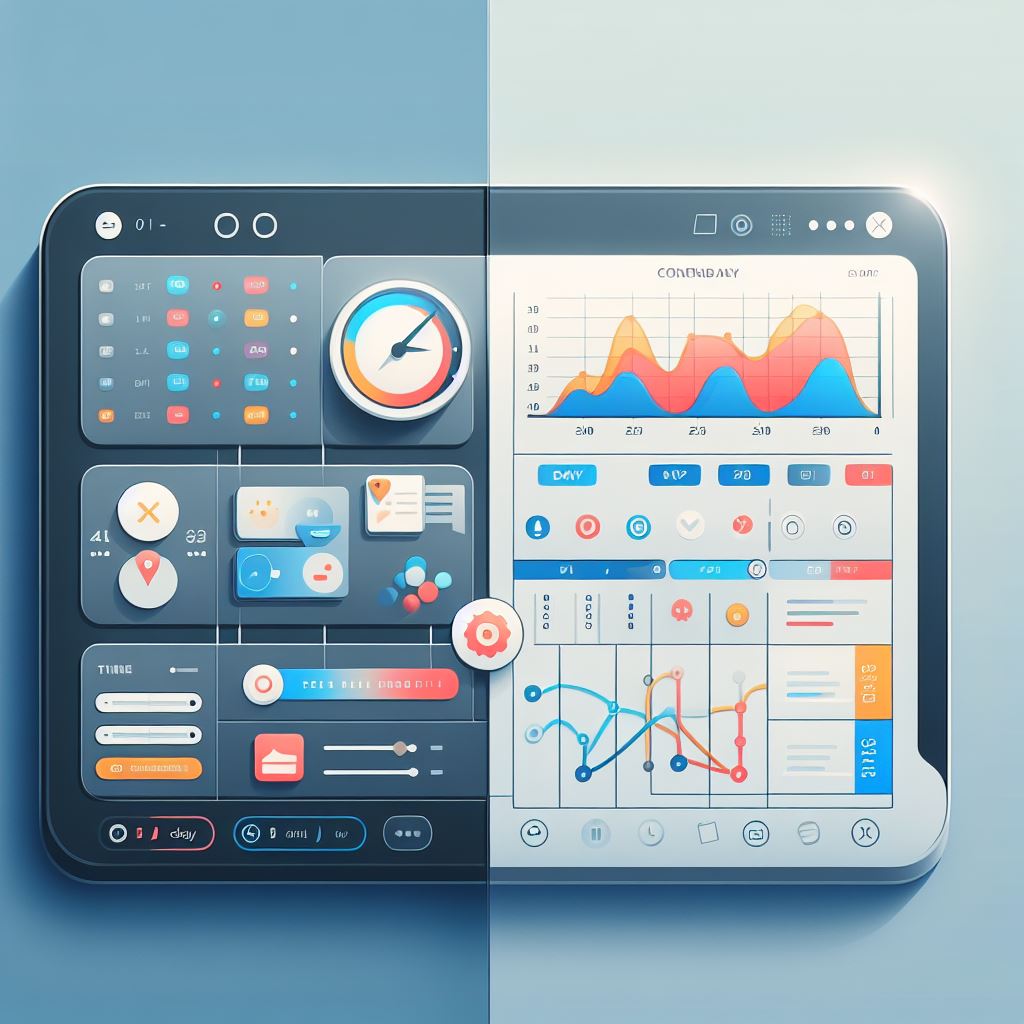
Note-taking Apps for Better Organization
Benefits of Note-taking Apps
Note-taking apps offer benefits such as easy organization, searchability, accessibility, and synchronization across devices, making them essential tools for capturing and managing information.

Recommended Note-taking Apps
Recommended note-taking apps include Evernote, OneNote, Bear, Notion, and Simplenote, each offering unique features and capabilities to suit different preferences and workflows.
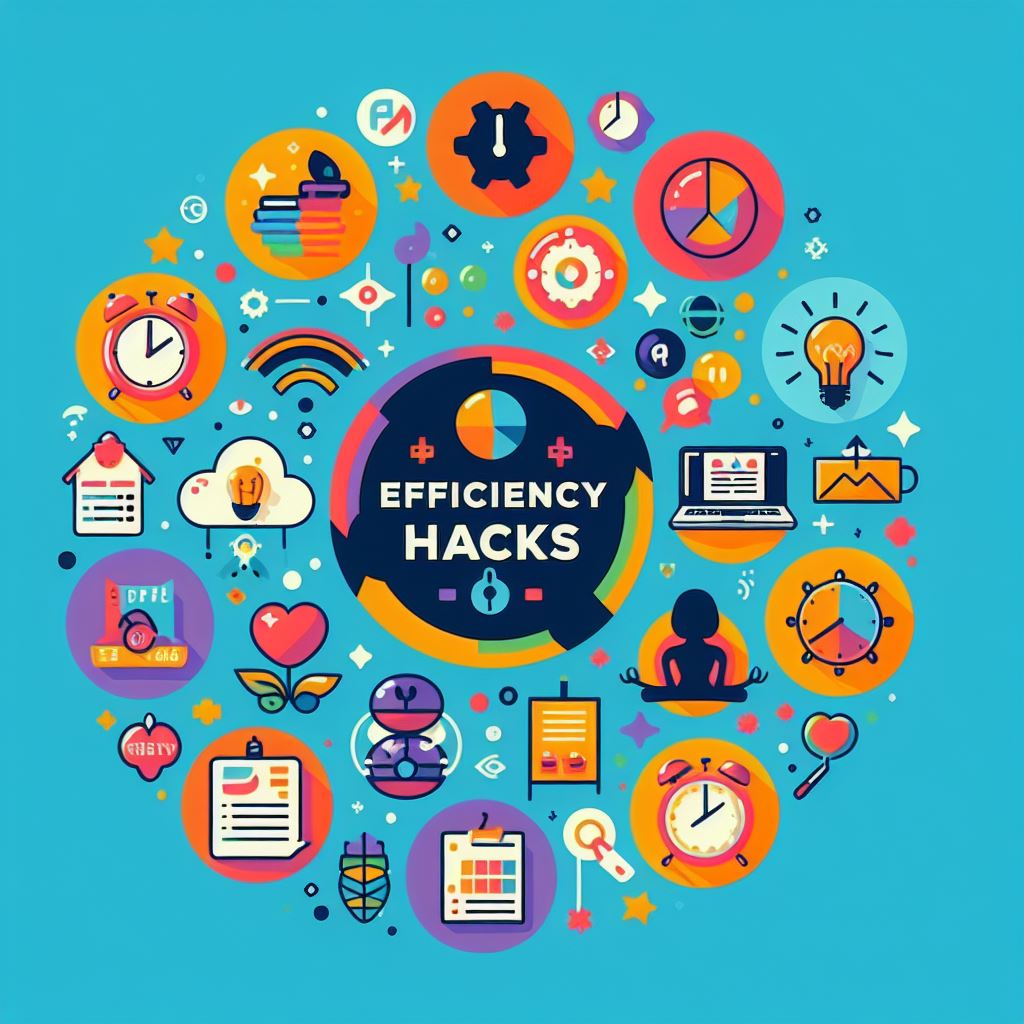
Utilizing the Pomodoro Technique for Increased Productivity
Explanation of the Pomodoro Technique
The Pomodoro Technique involves breaking work into intervals of focused work (typically 25 minutes) followed by short breaks (5 minutes). This technique helps improve focus, productivity, and time management skills.

Tools and Apps for Implementing the Pomodoro Technique
There are various tools and apps available for implementing the Pomodoro Technique, including standalone timers, browser extensions, and mobile apps such as Focus Booster, Pomodone, and Forest.

Tips for Maximizing Productivity with Time Management Tools
Setting Clear Goals
Setting clear and achievable goals is essential for maximizing productivity and staying focused on what matters most.

Prioritizing Tasks
Prioritizing tasks based on importance and urgency can help individuals focus their time and energy on high-value activities.

Avoiding Multitasking
Multitasking can lead to reduced productivity and increased errors. Instead, focus on completing one task at a time for optimal results.

Taking Regular Breaks
Taking regular breaks can help prevent burnout, improve concentration, and boost overall productivity.

Overcoming Common Challenges
Procrastination
Procrastination can be overcome by breaking tasks into smaller, manageable steps, setting deadlines, and eliminating distractions.

Distractions
Minimizing distractions by creating a conducive work environment, using productivity tools, and practicing mindfulness can help individuals stay focused and productive.

Lack of Motivation
Lack of motivation can be addressed by setting meaningful goals, rewarding progress, seeking support from others, and practicing self-care.

Integrating Time Management Tools into Daily Routine
Creating a Structured Schedule
Creating a structured schedule and allocating specific time blocks for tasks and activities can help individuals stay organized and productive.

Establishing Routines
Establishing daily routines and rituals can help individuals develop positive habits and maintain consistency in their productivity efforts.

Reviewing and Adjusting
Regularly reviewing and adjusting time management strategies and tools based on feedback and performance can help individuals optimize their productivity over time.

Real-life Success Stories
Examples of Individuals Benefiting from Time Management Tools
Real-life success stories demonstrate how individuals from various backgrounds and industries have used time management tools to enhance their productivity, achieve their goals, and improve their quality of life.
Conclusion
In conclusion, effective time management is essential for achieving success and fulfillment in both personal and professional life. By incorporating the right time management tools and strategies into your routine, you can unlock your productivity potential, accomplish more with less effort, and enjoy greater work-life balance.
As we come to the culmination of our exploration into the realm of time management tools, it’s evident that the journey towards greater productivity is not merely about managing our time—it’s about managing our lives. Through the strategic application of effective time management techniques and tools, we have the power to transform not only how we work but also how we live, enabling us to lead more fulfilling, purpose-driven lives.
In this guide, we’ve covered a multitude of strategies, from leveraging task management apps to harnessing the power of the Pomodoro Technique. We’ve explored the nuances of prioritization, goal setting, and overcoming common challenges such as procrastination and distractions. Each section has been carefully crafted to provide you with actionable insights and practical tips that you can implement immediately to enhance your productivity and reclaim control over your time.
Yet, beyond the realm of tactics and techniques lies a deeper truth: productivity is not merely a destination to be reached but a journey to be embraced. It’s about cultivating habits and mindsets that empower us to show up as our best selves each day, regardless of the challenges we may face. It’s about recognizing that true productivity isn’t measured by the number of tasks crossed off our to-do lists but by the impact we make and the lives we touch along the way.
As you embark on your own journey towards greater productivity, remember that there is no one-size-fits-all solution. What works for one person may not work for another, and that’s okay. The key is to stay open-minded, experiment with different strategies, and find what resonates most with you and your unique needs and preferences.
So, as you bid farewell to this guide and step into the vast expanse of possibility that lies before you, do so with confidence, knowing that you are equipped with the knowledge, tools, and resources necessary to navigate the complexities of modern life with grace and resilience. And remember, the journey towards greater productivity is not a sprint but a marathon—one that requires patience, perseverance, and a steadfast commitment to continuous improvement.
As you continue on your path, may you find joy in the journey, strength in the struggle, and fulfillment in the pursuit of your goals. And may the lessons learned and insights gained from this guide serve as guiding lights, illuminating your path and empowering you to unlock your full potential.
So go forth, dear reader, and may your days be filled with purpose, productivity, and endless possibilities.
FAQs on Time Management Tools
- What are the best time management tools for beginners?
- Beginners can start with simple yet effective tools like Todoist, Google Calendar, and Evernote.
- How do I choose the right time management tool for my needs?
- Consider your specific needs, preferences, and workflow to choose a tool that aligns with your requirements.
- Can time management tools help with procrastination?
- Yes, time management tools can help individuals overcome procrastination by providing structure, reminders, and accountability.
- Are there any free time management tools available?
- Yes, many time management tools offer free versions with basic features, making them accessible to everyone.
- How can I measure the effectiveness of time management tools?
- You can measure the effectiveness of time management tools by tracking your productivity, efficiency, and satisfaction levels over time.
- How do time management tools help improve work-life balance?
- Time management tools aid in prioritizing tasks, setting boundaries between work and personal life, and scheduling leisure activities, thus promoting a healthier balance between professional obligations and personal well-being.
- Can time management tools help with procrastination caused by overwhelming tasks?
- Yes, time management tools break down large tasks into smaller, more manageable ones, providing a sense of progress and reducing the overwhelming feeling associated with procrastination.
- What role do time management tools play in reducing stress levels?
- Time management tools help individuals organize their tasks, allocate time effectively, and avoid last-minute rushes, thereby minimizing stress and promoting a calmer, more focused mindset.
- Are there time management tools specifically designed for students?
- Yes, there are several time management tools tailored to the needs of students, including apps for organizing assignments, tracking study sessions, and managing extracurricular activities.
- How do time management tools facilitate collaboration in team environments?
- Time management tools with collaboration features enable team members to share tasks, deadlines, and progress updates, fostering communication, accountability, and efficient teamwork.
- Do time management tools integrate with other productivity tools such as email and project management software?
- Yes, many time management tools offer integrations with popular productivity platforms, allowing for seamless synchronization of tasks, events, and deadlines across different tools and applications.
- Can time management tools be customized to suit individual preferences and workflows?
- Absolutely, most time management tools offer customizable settings, layouts, and features, allowing users to tailor the tool to their unique needs and preferences for maximum effectiveness.
- How do time management tools help individuals stay focused and minimize distractions?
- Time management tools provide features such as task prioritization, time blocking, and focus timers, helping individuals allocate dedicated time for focused work and minimize interruptions and distractions.
- Are there time management tools suitable for freelancers and remote workers?
- Yes, there are many time management tools designed specifically for freelancers and remote workers, offering features such as time tracking, invoicing, and project management to streamline workflows and maximize productivity.
- Can time management tools help individuals identify and eliminate time-wasting activities?
- Absolutely, time management tools often include features for tracking time spent on various tasks and activities, allowing individuals to identify inefficiencies and make informed decisions about how to allocate their time more effectively.
- Do time management tools provide insights into productivity trends and patterns over time?
- Yes, many time management tools offer analytics and reporting features that provide insights into productivity trends, patterns, and areas for improvement, empowering individuals to optimize their time management strategies.
- How do time management tools support long-term goal setting and tracking?
- Time management tools enable individuals to break down long-term goals into actionable tasks, set deadlines, and track progress over time, ensuring steady progress toward achieving their objectives.
- Can time management tools help individuals maintain focus and productivity during periods of high stress or uncertainty?
- Yes, time management tools provide structure and organization during chaotic times, helping individuals prioritize tasks, maintain focus, and stay on track even in the face of adversity.
- Are there time management tools suitable for individuals with ADHD or other attention-related disorders?
- Yes, there are time management tools specifically designed to accommodate the needs of individuals with ADHD, offering features such as visual schedules, reminders, and task prioritization to support focus and productivity.
- How do time management tools promote accountability and self-discipline?
- Time management tools help individuals set clear goals, establish deadlines, and track progress, fostering accountability and self-discipline by providing a tangible framework for managing time and tasks effectively.
